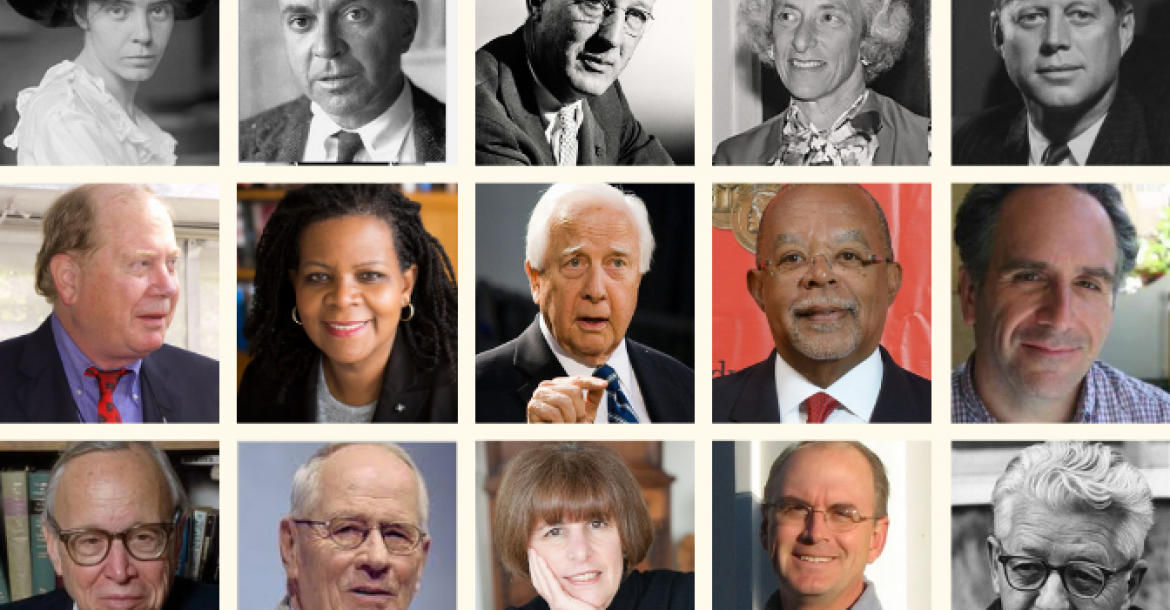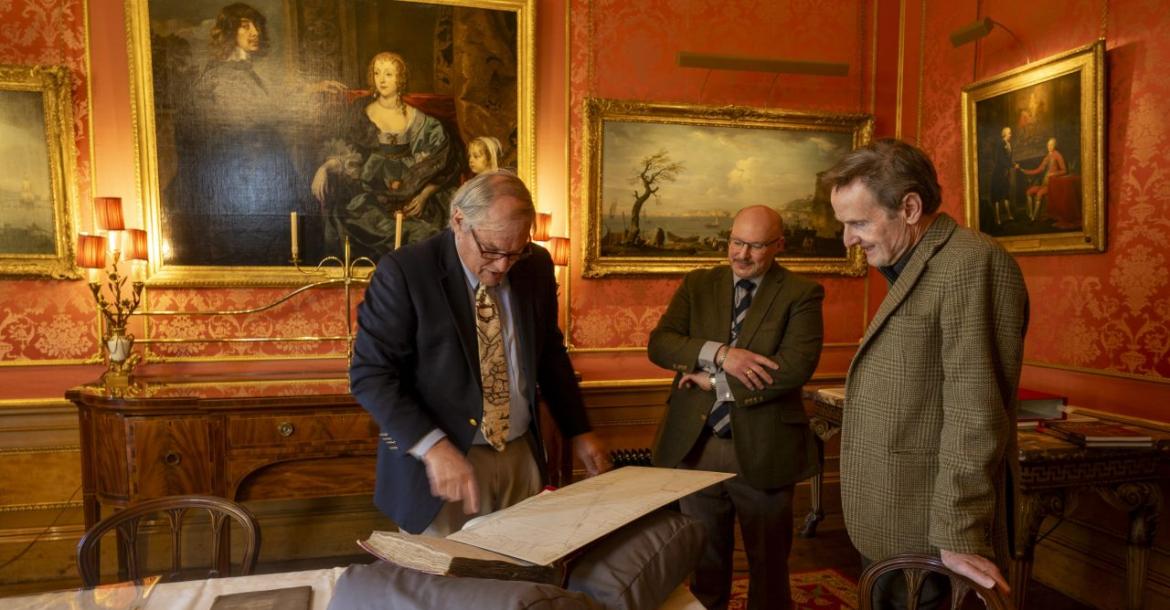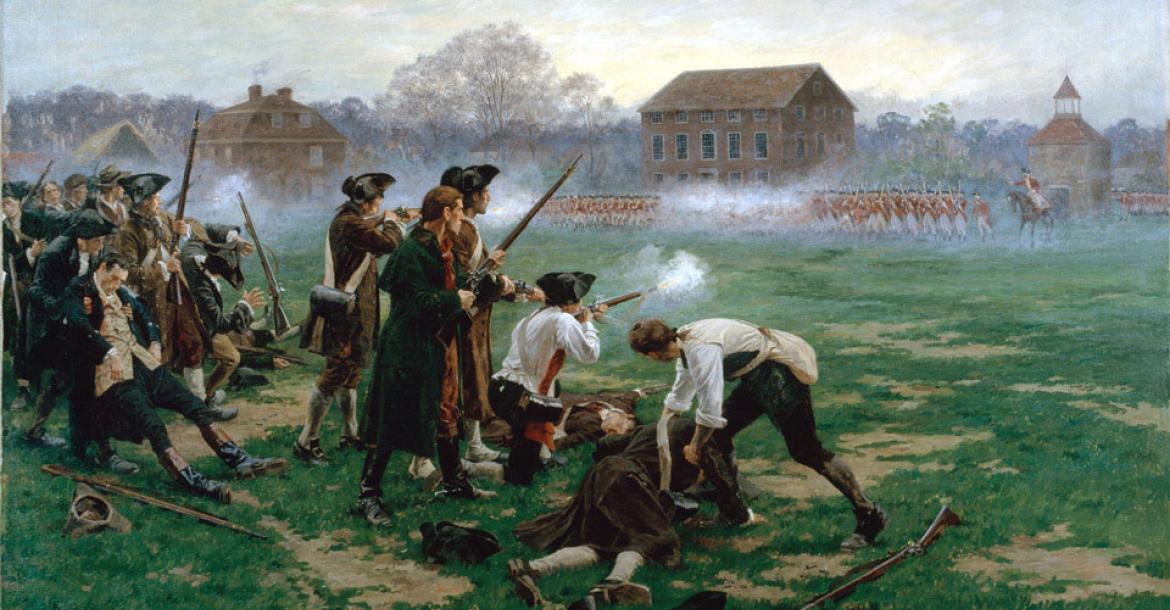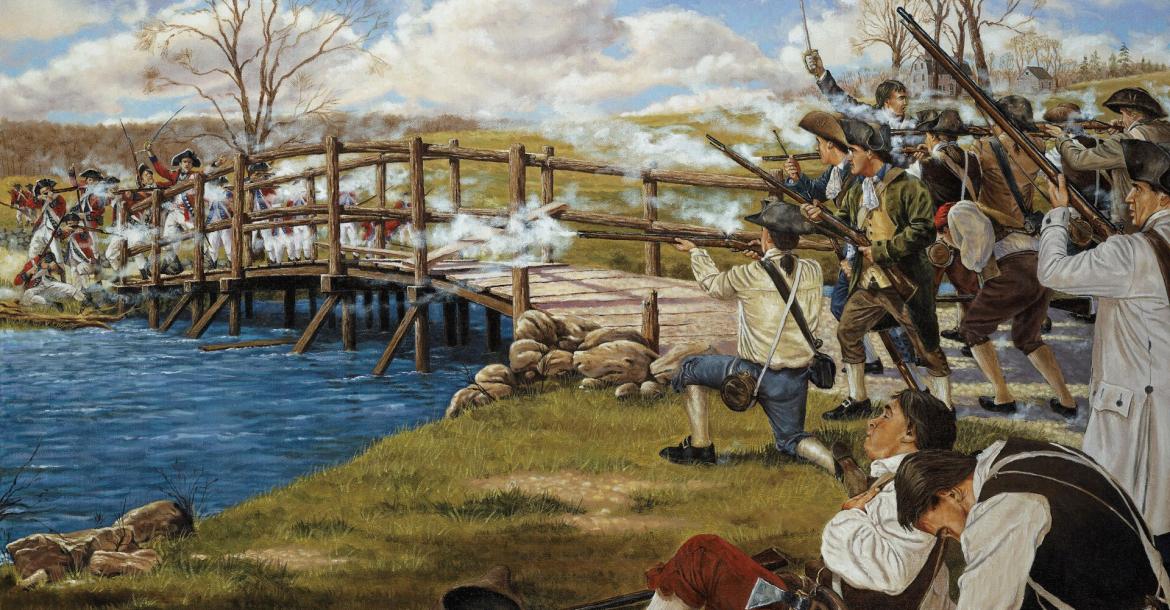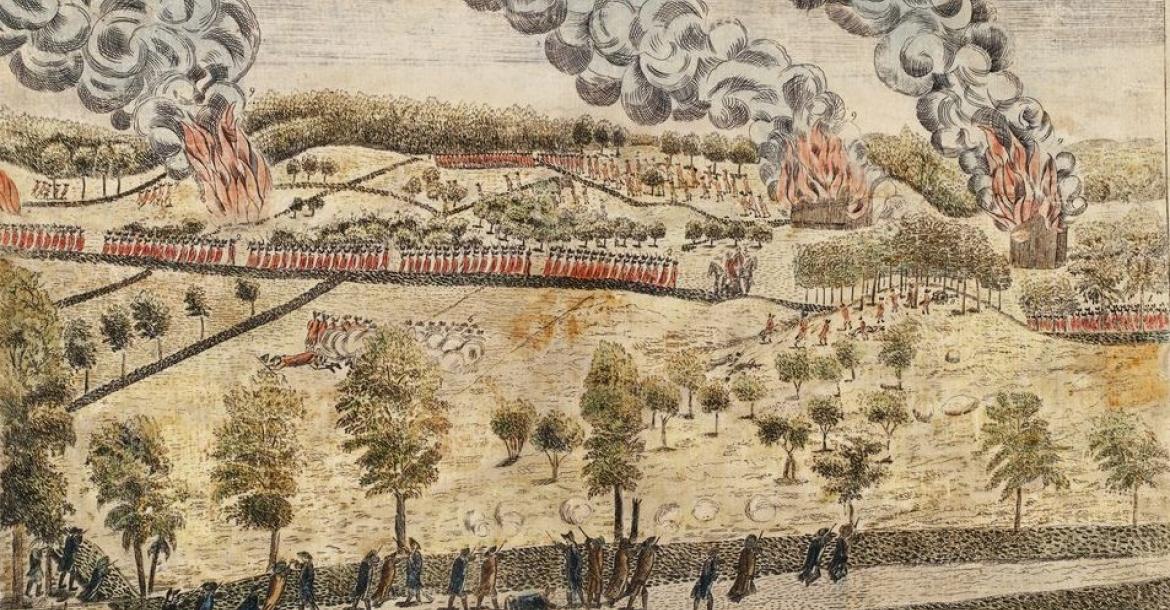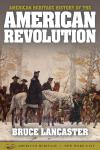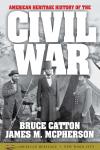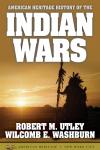Featured Articles
Friends of American Heritage gathered to celebrate 75 years of great writing and education about our nation's history.
This special issue looks at the dramatic and momentous events that occurred 250 years ago this month.
“Now the war has begun and no one knows when it will end,” said one minuteman after the fight.
Previously unknown, a map drawn by Lord Percy, the British commander at Lexington, sheds new light on the perilous retreat to Boston 250 years ago this month.
What began as a civil war within the British Empire continued until it became a wider conflict affecting peoples and countries across Europe and North America.
Classic Essays from Our Archives
Columbus and Genocide | October 1975, Vol 26, No 6
By Edward T. StoneThe discoverer of the New World was responsible for the annihilation of the peaceful Arawak Indians
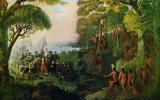
Lincoln As Commander in Chief | Winter 2009, Summer 2025, Vol 58, No 6
By James M. McPhersonEven though he had no military training, Lincoln quickly rose to become one of America’s most talented commanders.
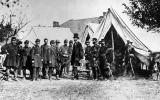
Growing Up Colored | Summer 2012, Summer 2025, Vol 62, No 2
By Henry Louis Gates Jr.The noted writer and educator tells of his boyhood in the West Virginia town of Piedmont, where African Americans were second-class citizens, but family pride ran deep.
The Slave Who Sued for Freedom | March 1990, Vol 41, No 2
By Jon SwanWhile the American Revolution was still being fought, Mum Bett declared that the new nation’s principle of liberty must extend to her, too. It took 80 years and a far-more-terrible war to confirm the rights that she had demanded.
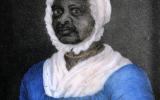
The Conversion of Harry Truman | November 1991, Vol 42, No 7
By William E. LeuchtenburgA child of the South's "Lost Cause," Truman broke with his convictions to make civil rights a concern of the national government for the first time since Reconstruction. In so doing, he changed the nation forever.
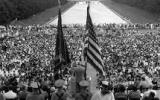
The Treasure From The Carpentry Shop | December 1979, Vol 31, No 1
By David McCulloughTHE EXTRAORDINARY ORIGINAL DRAWINGS OF THE BROOKLYN BRIDGE
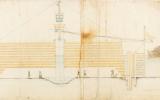
-
Reagan asks Gorbachev to tear down this wall
-
George Bush born

